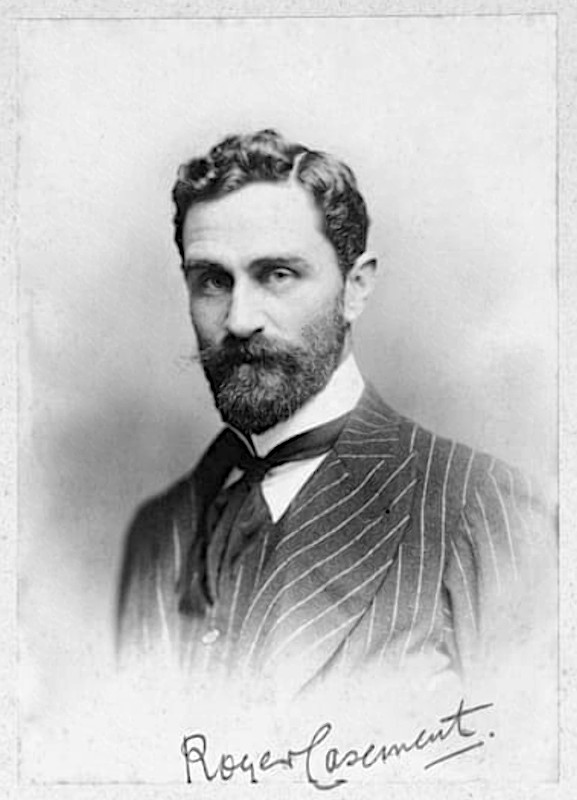Roger David Casement (1864 – 1916) was an Irish diplomat, humanitarian, and nationalist whose work on human rights fundamentally changed international awareness of colonial abuses. Born in Dublin, Casement began a career in the British consular service, serving in Africa and South America. He documented and exposed human rights abuses in the Congo under King Leopold II, and later in the Putumayo region of Peru, where indigenous populations suffered horrific exploitation in the rubber trade. His reports were instrumental in sparking international outrage and reform, establishing Casement as a pioneering figure in human rights advocacy. Casement’s activism extended to Irish independence. He became involved with nationalist movements and helped procure German support for the 1916 Easter Rising. Arrested for treason upon his return to Ireland, Casement was tried and executed by the British. His legacy is complex: while celebrated for humanitarian achievements, his involvement in revolutionary politics made him a controversial figure during his lifetime. Today, he is remembered as a courageous advocate for the oppressed and a foundational figure in modern human rights discourse. You can find his plaque on Castro Street between 18th and 19th Streets.

